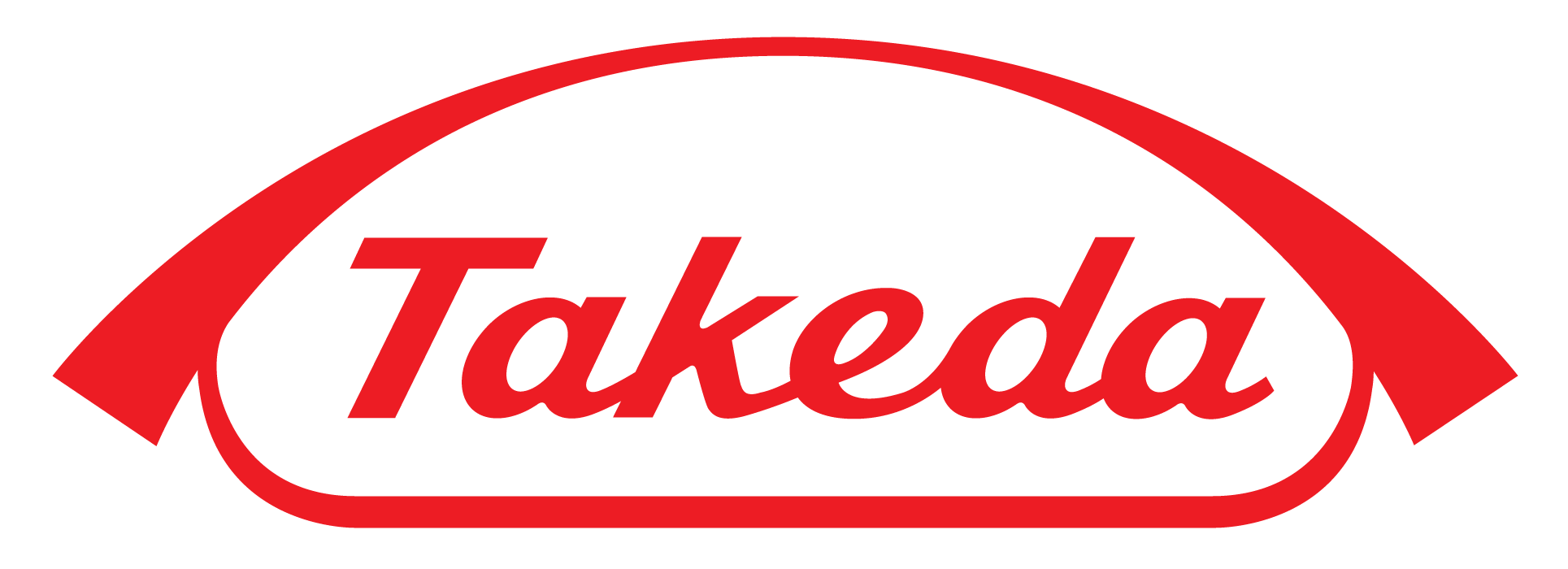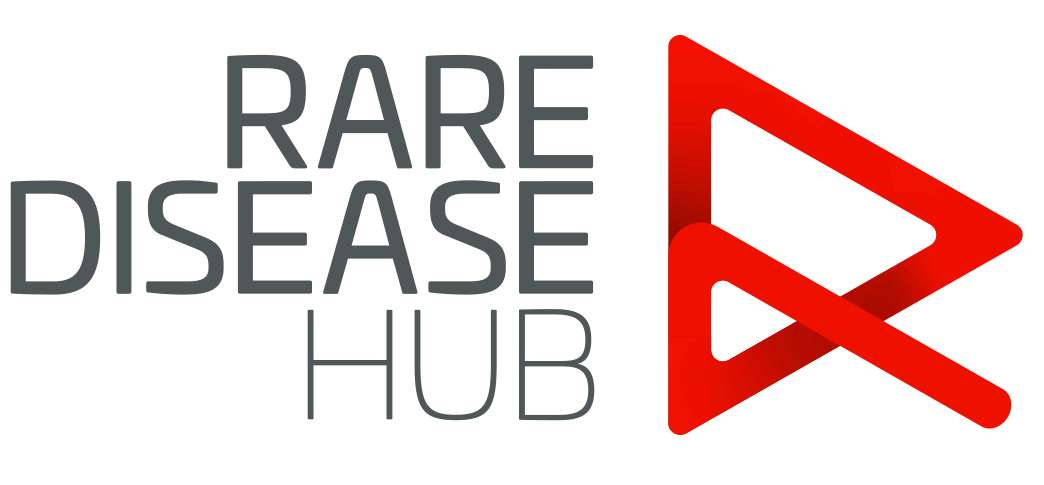
LIVTENCITY▼® (maribavir) overview
Featured in this video:
• Dr Mark Harber (Consultant Nephrologist with Special Interest in Transplantation, Royal Free Hospital)
• Prof Karl Peggs (Professor of Transplant Science and Cancer Immunotherapy, University College London Hospitals)
• Dr Adnan Sharif (Consultant Nephrologist with Special Interest in Transplantation, University Hospitals Birmingham)
Adverse event reporting information can be found at the bottom of this page.
Book a meeting
Click this link to discuss the information on this page further with a Takeda representative.
Click on the links below to learn more:
Current unmet needs in the management of CMV post-transplant
LIVTENCITY: Approved in the UK for post-transplant adult patients with refractory CMV infection and/or disease.1
CMV infection during post-transplant recovery puts patients at risk of graft rejection, increased hospitalisations, opportunistic infections, and mortality2–6. Furthermore, management of persistent CMV infection can lead to resistance, graft rejection, neutropenia, and nephrotoxicity, while rates of drug resistance vary and can occur in up to 8% of HSCT recipients and in up to 31% of SOT recipients2,7–9.
LIVTENCITY is the first and only therapy indicated for the treatment of cytomegalovirus (CMV) infection and/or disease that are refractory (with or without resistance) to one or more prior therapies, including ganciclovir, valganciclovir, cidofovir or foscarnet in adult patients who have undergone a haematopoietic stem cell transplant (HSCT) or solid organ transplant (SOT)1,5.
LIVTENCITY: REDEFINING POST-TRANSPLANT TREATMENT FOR REFRACTORY CMV INFECTION1
- OFFERS A TREATMENT OPTION FOR POST-TRANSPLANT ADULT PATIENTS WHO BECOME REFRACTORY TO ANTI-CMV THERAPIES
- TWICE-DAILY, ORAL ADMINISTRATION, WITH OR WITHOUT FOOD1
- MULTIMODAL MECHANISM OF ACTION THAT INHIBITS THE CMV-SPECIFIC UL97 PROTEIN KINASE1,7,10
The Phase 3 SOLSTICE study
A summary of the efficacy outcomes and safety profile for LIVTENCITY in the Phase 3 SOLSTICE study can be found in the LIVTENCITY digital key facts booklet
Adverse Events should be reported. Reporting forms and information can be found at www.yellowcard.mhra.gov.uk or search MHRA Yellow Card in Google Play or Apple App Store.
Adverse Events should be reported to Takeda by email at AE.GBR-IRL@takeda.com
REFERENCES:
- LIVTENCITY UK Summaries of Product Characteristics [GB & NI].
- Felipe CR, et al. J Bras Nefrol. 2017;39:413–23.
- Azevedo LS, et al. Clinics (Sau Paulo). 2015;70:515–23.
- Peffault De Latour R, et al. J Med Virol. 2020;92:3665–73.
- Henderson R, et al. Transp! Infect Dis. 2001;3(suppl. 2):57–9.
- Schelfhout J, et al. Curr Med Res Opin. 2020;36:43–50.
- Kotton CN, et al. Transplantation. 2018;102:900–31.
- Maffini E, et al. Expert Rev Hematol. 2016;9:588–96.
- Razonable RR, et al. Am J Transplant. 2013;13(suppl. 4):93–106.
- Avery RK, et al. Clin Infect Dis 2022;75(4):690–701.


